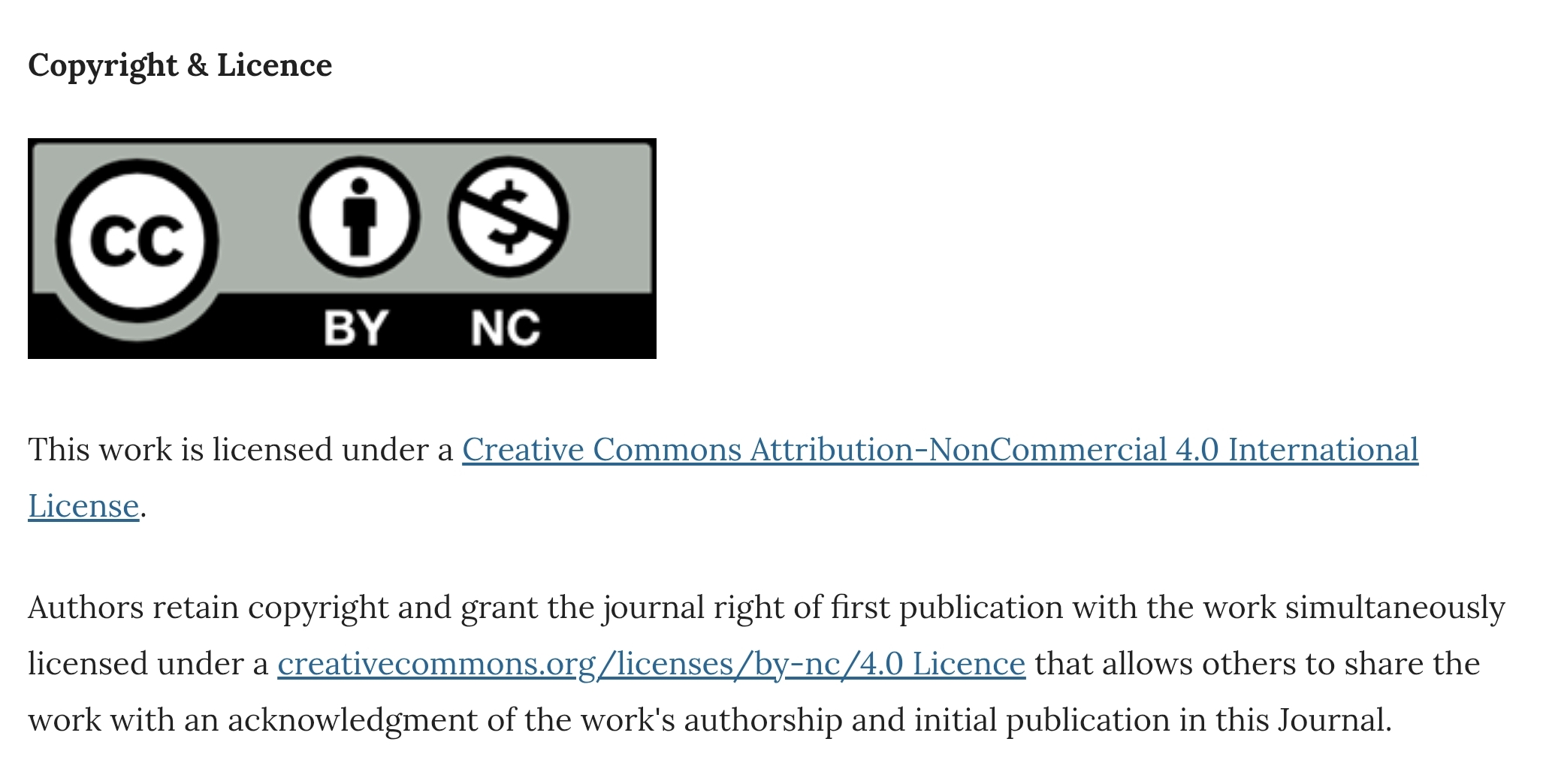Dementia Friendly Kerala-the Way Forward
Abstract
Dementia is a major cause of disability and dependency in old age. Compared to other Indian states, Kerala has one of the highest proportions of elderly in the country. However, there is poor awareness about dementia among all sections of our society. There should be a concerted effort to educate the public and to develop services that improve quality of life of dementia patients. Professionals have to be trained and made confident in understanding and skilled in addressing the problems associated with dementia. There is a need to develop specialized dementia care services that can be implemented using the existing infrastructure. The Kerala model of health care, a remarkable achievement at par with those of many developed countries, is ideal for developing a dementia care initiative that can serve as a model for other Indian states. Health, social welfare, and social justice sectors should jointly design a service stream for dementia sufferers. Voluntary agencies can play a close collaborative role in this model of care, and organizations like Alzheimer’s and Related Disorders Society of India (ARDSI) are well positioned to do it, considering their experience and knowledge.Â
Downloads
References
World Health Organization and Alzheimer’s Disease International. Dementia: A public health priority. World Health Organization; 2012.
United Nations, Department of Economic and Social Affairs, Population Division. World Population Ageing. United Nations; 2013.
Shaji KS, Jotheeswaran AT, Girish N, Bharath S, Dias A, Pattabiraman M, Varghese M, editors. Dementia India Report 2010: prevalence, impact, costs and services for Dementia. Alzheimer’s & Related Disorders Society of India. New Delhi: ARDSI; 2010.
India Today; 29th October 2011. Old's own country: Kerala's elderly population bring forth a crisis. http://indiatoday.intoday.in/story/elederly-polpulation-in-kerala/1/157762.html
Shaji S, Promodu K, Abraham T, Roy KJ, Verghese A. An epidemiological study of dementia in a rural community in Kerala, India. Br J Psychiatry 1996; 168(6):745-9.
Shaji S, Bose S, Verghese A. Prevalence of dementia in an urban population in Kerala, India. Br J Psychiatry 2005; 186:136-40.
Mathuranath PS, Cherian PJ, Mathew R, Kumar S, George A, Alexander A, et al. Dementia in Kerala, South India: prevalence and influence of age, education and gender. Int J Geriatr Psychiatry 2010; 25(3):290-7.
National Institite for Health and Care Excellence. NICE Technology Appraisal Guidance 217. Donepezil, galantamine, rivastigmine and memantine for the treatment of Alzheimer's disease. NICE, United Kingdom; 2011.
Department of Health. Living well with dementia: A National Dementia Strategy. Department of Health, United Kingdom; 2009.
Shaji KS, Iype KT, Praveenlal K. Dementia clinic in general hospital settings. Indian Psych 2009; 51(1):42-44.
Kumar CTS, Kuriakose JR. End-of-life care issues in advanced dementia. Ment Health Fam Med 2013; 10(3):129-32.
Dias A, Dewey ME, D'Souza J, Dhume R, Motghare DD, Shaji KS et al. The effectiveness of a home care program for supporting caregivers of persons with dementia in developing countries: a randomized controlled trial from Goa, India. PLoS One 2008; 4;3(6):e2333.
Ramkumar GS. A service model for home-based care in late stage dementia: scope, scale and policy implications. Kerala Journal of Psychiatry 2015; 28 (1) Available from http://kjponline.com/index.php/kjp/article/view/4/pdf_1.
Alzheimer’s Society. Building dementia-friendly communities: A priority for everyone. United Kingdom: Alzheimer’s Society; 2013.
Roy J, Varghese B. Dementia, can we reduce risk? Kerala Calling, Government of Kerala: September 2014; 47-8.
Published
How to Cite
Issue
Section
License
Copyright (c) 2015 Kerala Journal of Psychiatry

This work is licensed under a Creative Commons Attribution-NonCommercial 4.0 International License.







